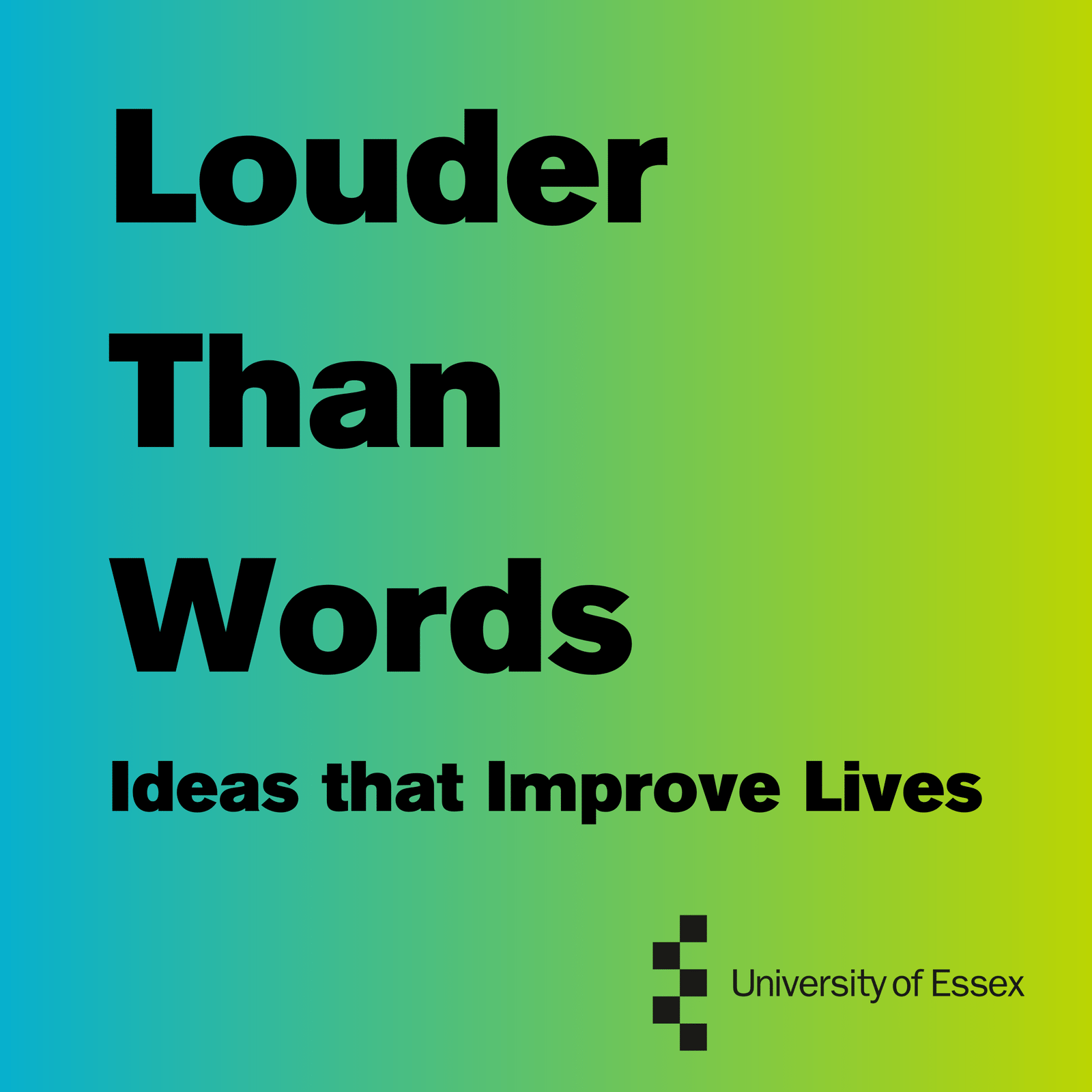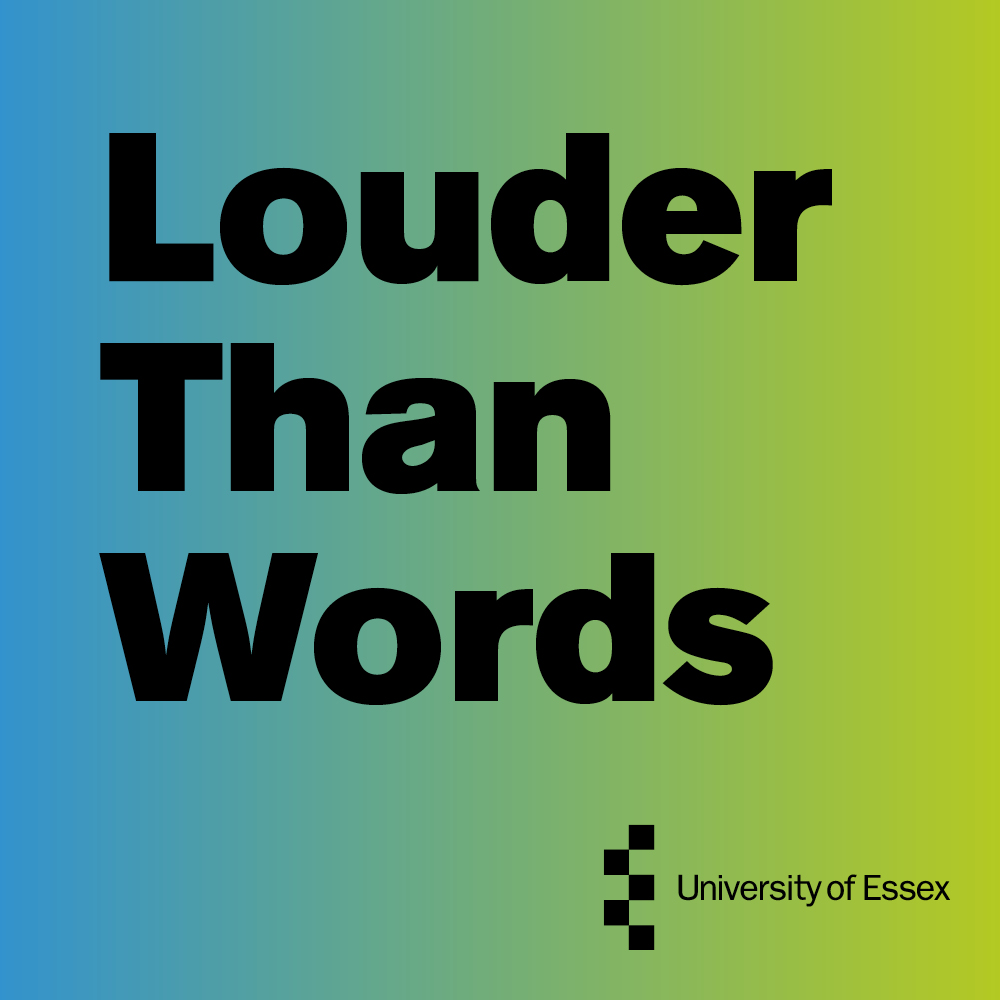The latest episode of the Louder Than Words Podcast looks at the impact of brain injury. How do we find out more about the problems survivors face? What needs to change in the way we support them to live their lives?
In the UK 700,000 people end up at A&E every year with a head injury, according to NHS figures and around a million people are now living with some sort of brain injury.
Survivors include injured sportspeople, or road accident victims. There are also survivors who've been through things like severe infections or strokes.
Novel research at the University of Essex is leading to a big shift in policy to help survivors, while also developing technological solutions to help with everyday tasks.
They will be speaking to:
Dr Andrew Bateman (4:29) from the School of Health and Social Care at Essex is project lead for COURAGE Network which brings together people affected by and living with, neurological conditions, with the research community. The innovative project is initially funded by UK Research and Innovation (UKRI).
Caroline Bald (8:01), from the School of Health and Social Care at Essex, is looking to improve training in the UK so social workers see that understanding brain injury is an integral part of their work.
Chloe Hayward (11:33), Executive Director of the UK Acquired Brain Injury Forum. The Forum aims to promote a better understanding of all aspects of acquired brain injury.
Dr Anirban Chowdhury (15:16), Lecturer in Neural Engineering and Robotics at Essex, is developing a brain-computer interface to control an exoskeleton to support movement, just through the power of thought.
Stella Kerins (18:29), Head of Brain Injury Care Services at Headway Essex. the charity supports people with acquired brain injury and their families so that they feel supported and so that they can live their lives to their optimum.

Join Ismene Gizellis and Han Dorussen in conversation with Jules Pretty on conflict, peace-keeping, cooperation, governance after conflict, and the impacts on women. Ismene...

Listen to the latest episode of the Louder Than Words Podcast to discover the story of inventor and radio pioneer Guglielmo Marconi. Essex historians...

In the latest episode of the Louder than Words Podcast, Professor Jules Pretty journalist Martha Dixon look at surveillance and the impact on our...